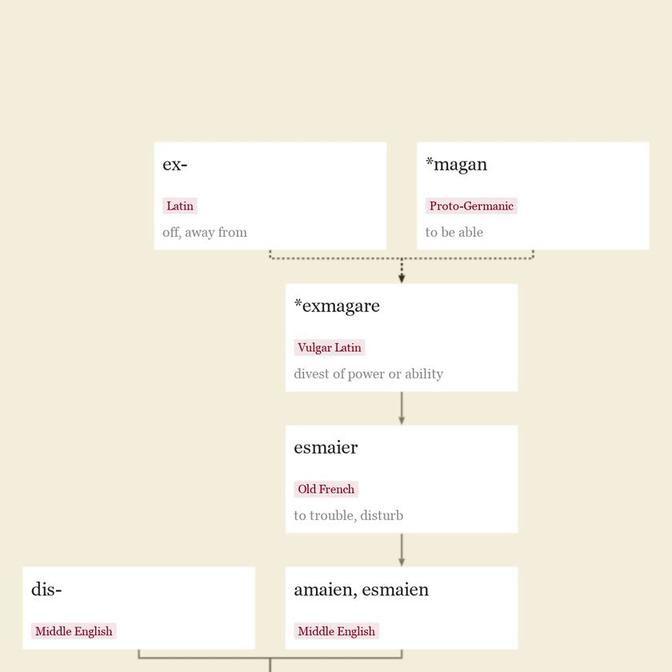undismayed adj.
1610s, from un- (1) "
updated on February 26, 2014
- superimpose
- superintend
- superintendence
- superintendent
- superior
- superiority
- superlative
- superman
- supermarket
- supermodel
- supernal
- supernatant
- supernatural
- supernaturally
- supernova
- supernumerary
- superordinate
- superpose
- superposition
- superpower
- supersaturated
- supersaturation
- superscribe
- superscript
- superscription
